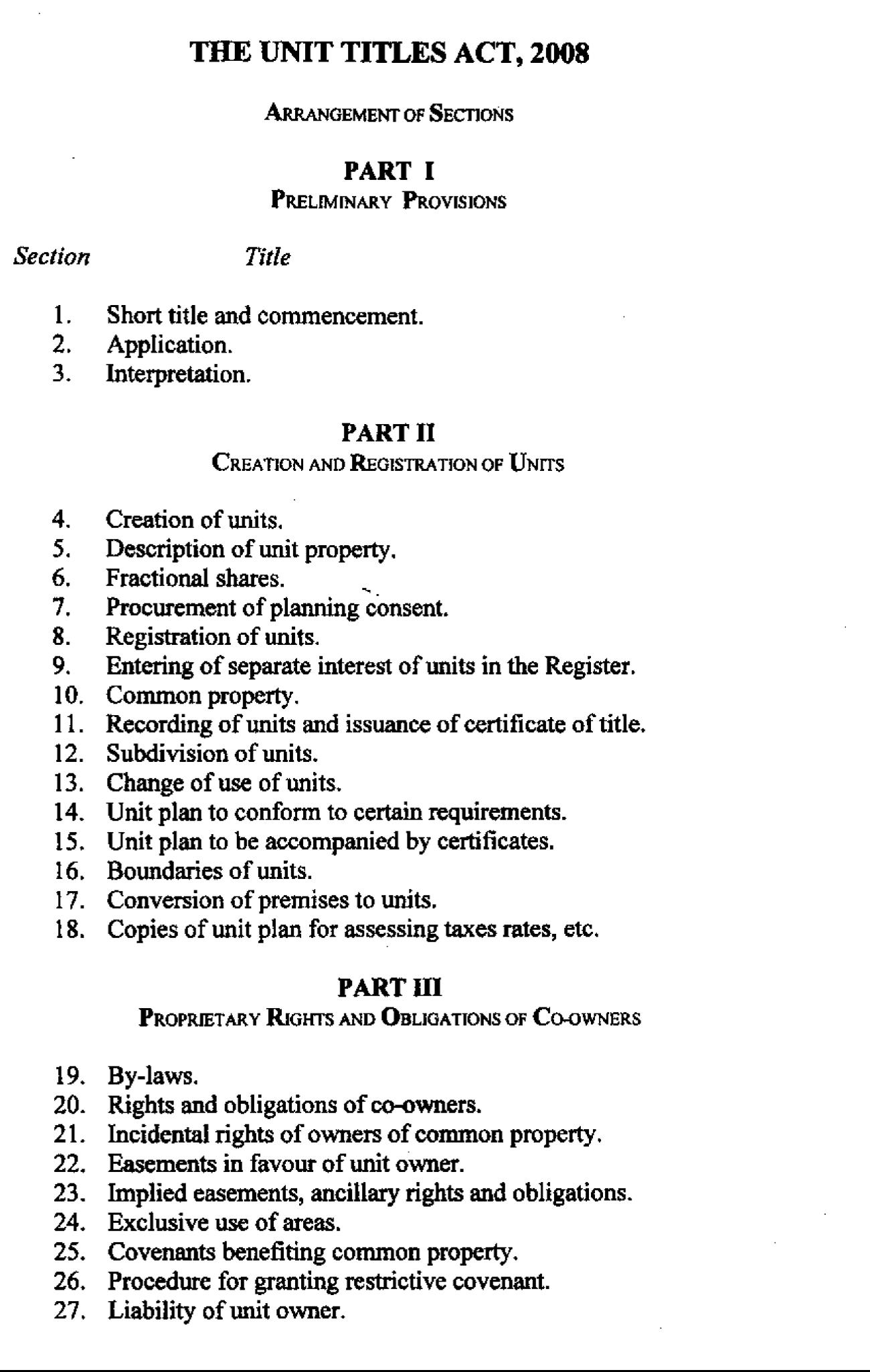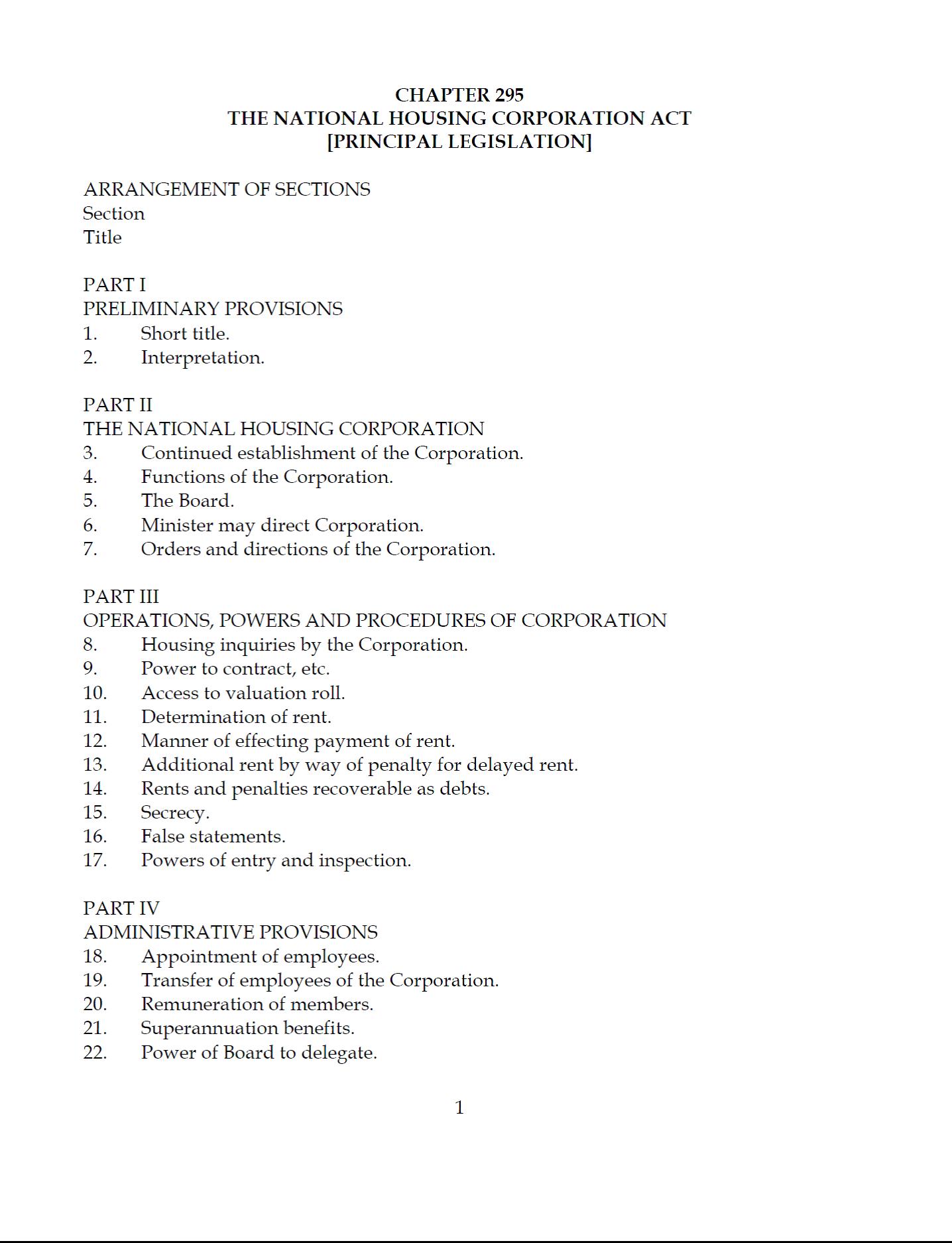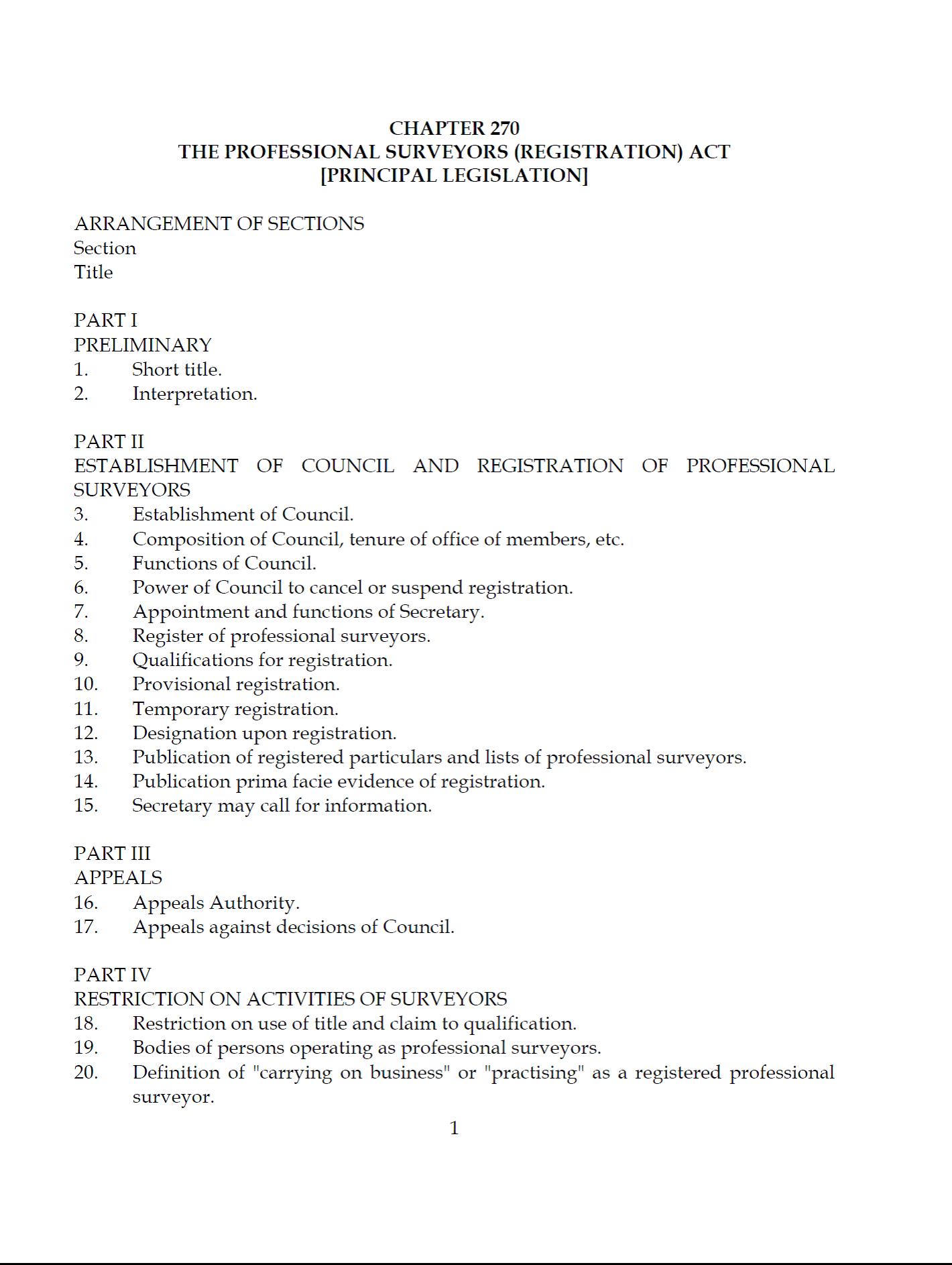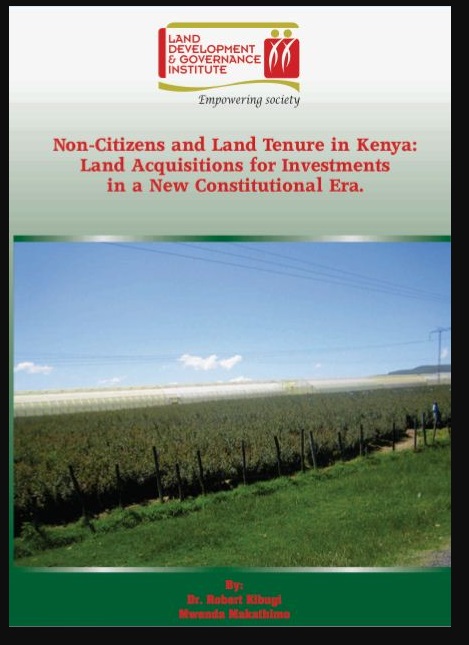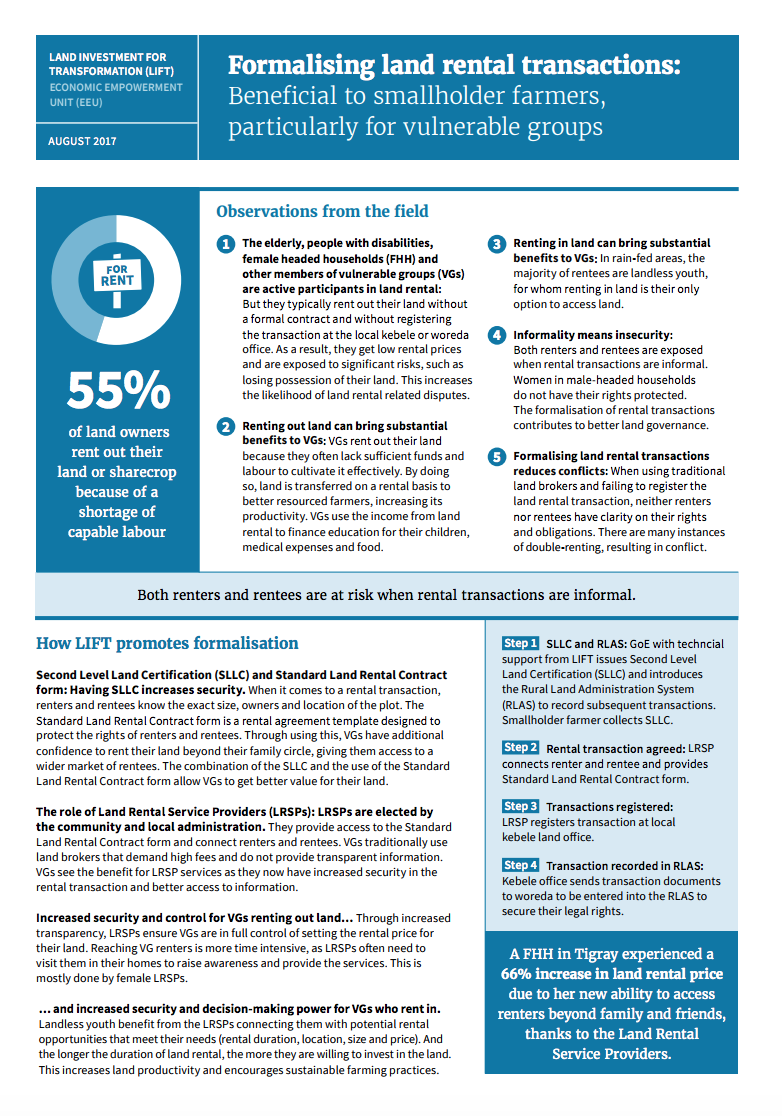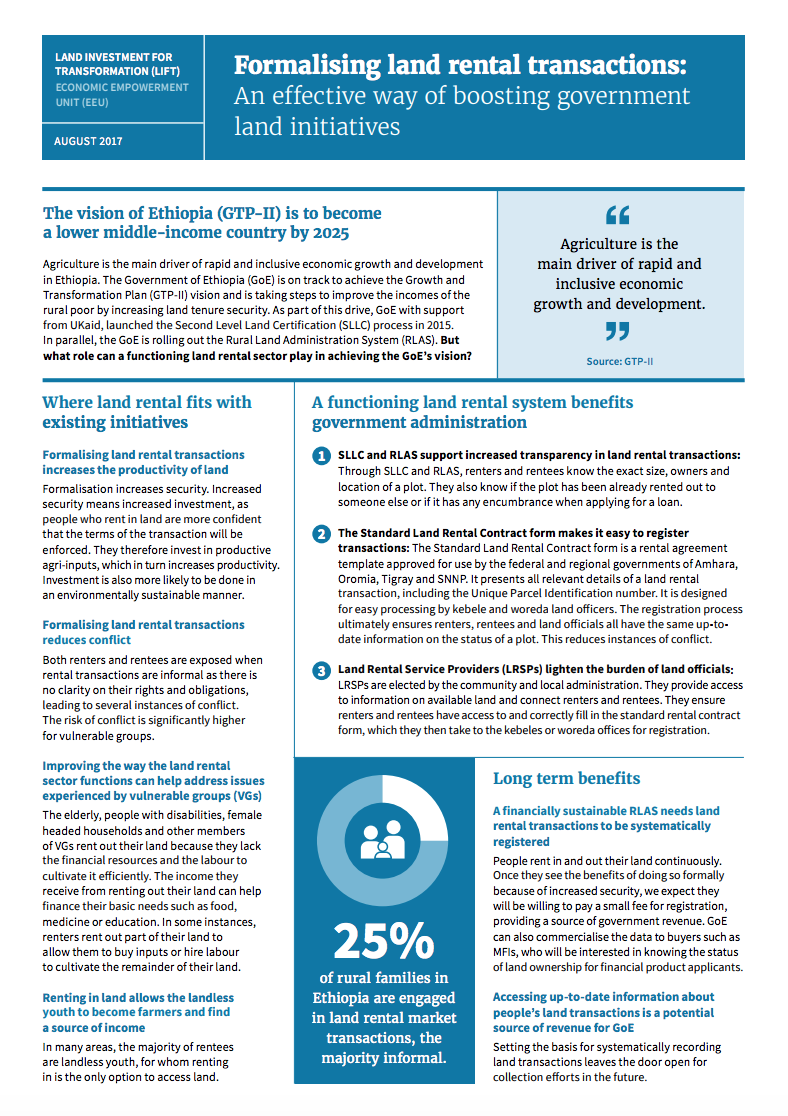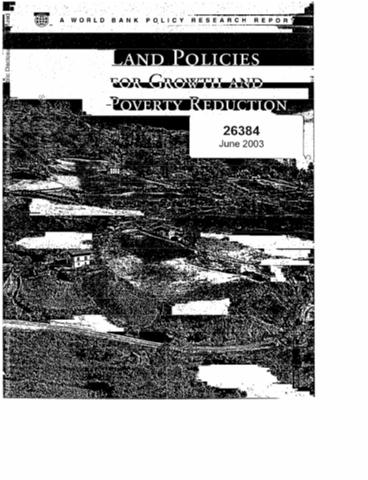The Unit Titles Act
An Act to provide for the management of the division of buildings into units, clusters, blocks and sections owned individually of co-owned and use ofdesignated areas; to provide for issuance of certificate of unit titles for the individual ownership of the units, clusters, or section of the building, management and resolution of disputes arising from the use of common property; to provide for use of common property by occupiers other than owners and to provide for related matten.

